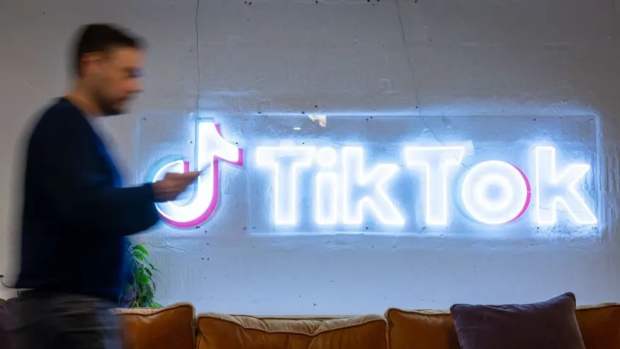
The view from the social media cheap seats is good, for now
As with ‘click to expand’ Twitter posts, as a rule the barrage of TikTok videos friends send to me via various messaging apps go unclicked. It’s not quite a matter of principle, though I am sure I could fashion some kind of pseudo-principle out of it should I need to. No, rather, the issue is that I am already drowning in an endless sea of messages, videos, audio messages, beeps, bloops and sundry other irritations, not to mention actually important communication such as work e-mails and missives from family and friends. Then there’s the actual news, which I can barely keep up with.
It was interesting, then, to read that TikTok, the ne plus ultra of distraction, is now thought to be significantly more valuable than the social media giant Facebook.
A recent study clocked TikTok as being worth 11% more than its elder competitor. It needs to be said that this is based on the rather nebulous concept of ‘brand value’, rather than any more concrete measure of value such as net income (known to the likes of you and I as profit) or free cash flow. Still, given the sheer amount of videos slung in my general direction, not to mention the fact that people are apparently able to parlay entire careers out of short videos, it seems likely that TikTok has done what Vine, Ping, Yik Yak and countless other efforts have failed to do and get itself out of the social media cheap seats.
Despite ongoing, likely overstated, threats to ban the Chinese-owned social media app in the name of national security, the numbers around TikTok are unquestionably impressive. Users open the app an average of 19 times per day, and there are one billion of them who use it daily. Horrifyingly, 25% of US adults under 30 apparently get their news from TikTok.
Leaping to the defence of Facebook as a legitimate source of news or even a home to real social connections would be absurd. However, TikTok’s growth is coming at a very tough time for Meta.
A survey recently revealed which organisations Irish people consider the most and least trustworthy. According to the Reputations Agency, the Credit Union is the most trusted organisation operating in the country, followed by An Post. Meta, the parent company of Facebook, Whatsapp and Instagram, was the least trusted, with RTÉ reporting that its reputation was “most likely damaged by recent layoffs”.
Fair play to the Credit Union, an Irish institution that has had an incalculably positive influence on the country. Whether or not we should spare a thought, or shed a tear, for Facebook, I don’t know. Despite its recent troubles, the company remains massively profitable and has recently turned its share price around, gaining 156% on last year’s lows. It has done this by a combination of convincing boss Mark Zuckerberg to stop talking about the ‘metaverse’, a stillborn technology if ever there was one, as well as the random peregrinations of the market which does tend to correct after overreactions.
Whatever about Ireland, users everywhere have come to have, shall we say, mixed feelings about Facebook, so you can be sure that the news of TikTok’s irresistible rise has not gone unnoticed back at Meta HQ. It’s not that the clock is ticking on Facebook, though.
However the social network performs in the years to come, and it needs to be remembered that inertia and the network effect are still on its side, it also owns the world’s most popular messaging app. It has also, despite some sterling efforts, failed to utterly self-destruct Instagram. Despite the bad press, Facebook is not out of the fight. I’m not even sure it’s down.




Subscribers 0
Fans 0
Followers 0
Followers